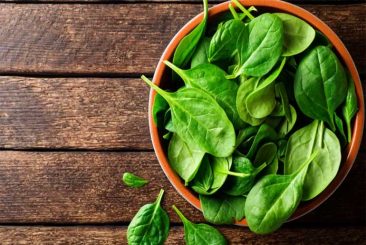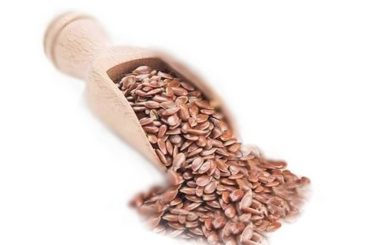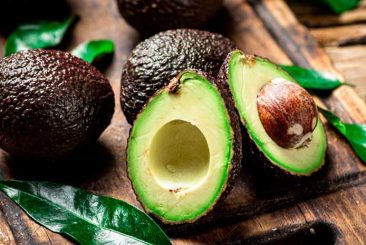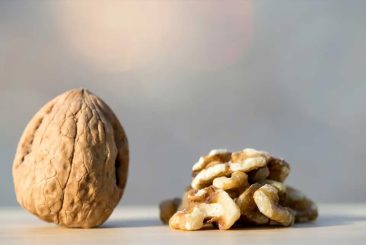To maintain both physical vitality and cognitive sharpness as we age, incorporating certain nutrient-rich foods into our diet can be immensely beneficial. Nutritionist Karishma Shah suggests five key choices: leafy greens like spinach and kale, packed with antioxidants and essential vitamins; berries rich in phytochemicals and antioxidants that support memory and cognitive function; fatty fish such as salmon, a source of omega-3 fatty acids crucial for brain health; nuts and seeds, providing healthy fats, fiber, and sustained energy; and turmeric, containing curcumin with potent anti-inflammatory and antioxidant properties. Including these foods in a well-rounded diet can help protect against age-related cognitive decline while nourishing the body and mind for healthy aging.
1. Spinach:
Spinach is a nutrient powerhouse, and its high folate content makes it particularly beneficial for brain health. Folate is a B-vitamin that plays a crucial role in cognitive function and mental clarity. Adequate folate intake has been associated with a reduced risk of cognitive decline and age-related cognitive disorders.

Including spinach in your meals is an excellent choice for supporting brain health and promoting overall well-being. Whether in salads, smoothies, or cooked dishes, spinach is a versatile and delicious way to nourish both your body and mind.
2. Flaxseeds:
Flaxseeds are a nutritional powerhouse, offering a wealth of benefits for both brain and heart health. These small seeds are packed with omega-3 fatty acids, known for their role in supporting cognitive function and reducing inflammation. Additionally, they provide a good source of dietary fiber, which can aid in digestive health and weight management.

Flaxseeds are also rich in antioxidants, further promoting overall well-being. Adding flaxseeds to your diet is easy; sprinkle them on yogurt, blend them into smoothies, or incorporate them into baked goods like muffins or bread. This versatile superfood is a simple yet effective way to boost your nutritional intake and support your body and mind.
3. Dark chocolate:
Indulging in high-quality dark chocolate with at least 70% cocoa content can be a delightful way to support your brain health. Dark chocolate is rich in flavonoids, which have been linked to improved memory and cognitive function. These compounds possess antioxidant properties that can protect brain cells from oxidative stress.

While savoring dark chocolate in moderation, you not only enjoy its delicious taste but also reap its brain-boosting benefits. Just remember that portion control is key, as it’s easy to overindulge. So, savor this treat responsibly to nourish your body and mind.
4. Avocados:
Avocados, with their creamy texture and rich flavor, are not only delicious but also a fantastic choice for supporting brain function and memory. They are a great source of monounsaturated fats, which are considered heart-healthy and have been associated with cognitive benefits. These fats help maintain healthy blood vessels, ensuring a steady flow of blood to the brain.

Incorporating avocados into your diet is easy; you can enjoy them in salads, sandwiches, or as a spread on whole-grain toast. This versatile fruit adds both flavor and brain-boosting nutrients to your meals.
5. Walnuts:
Walnuts are indeed a convenient and nutritious choice for a brain-boosting snack. They are rich in omega-3 fatty acids, particularly alpha-linolenic acid (ALA), which has been associated with improved cognitive function and reduced cognitive decline. Walnuts also contain antioxidants, which help protect brain cells from oxidative damage.

These small, crunchy nuts can be easily incorporated into your diet by snacking on them as they are or adding them to salads, yogurt, oatmeal, or baked goods. Including walnuts in your daily routine is a simple way to nourish your brain and enjoy their delicious, natural flavor.
These nutrient-rich foods, when included as part of a balanced and diverse diet, can play a crucial role in promoting cognitive vitality and healthy aging. Additionally, staying hydrated, engaging in regular physical activity, and managing stress are also important components of maintaining overall well-being as we age.
Disclaimer:
The information contained in this article is for educational and informational purposes only and is not intended as a health advice. We would ask you to consult a qualified professional or medical expert to gain additional knowledge before you choose to consume any product or perform any exercise.









